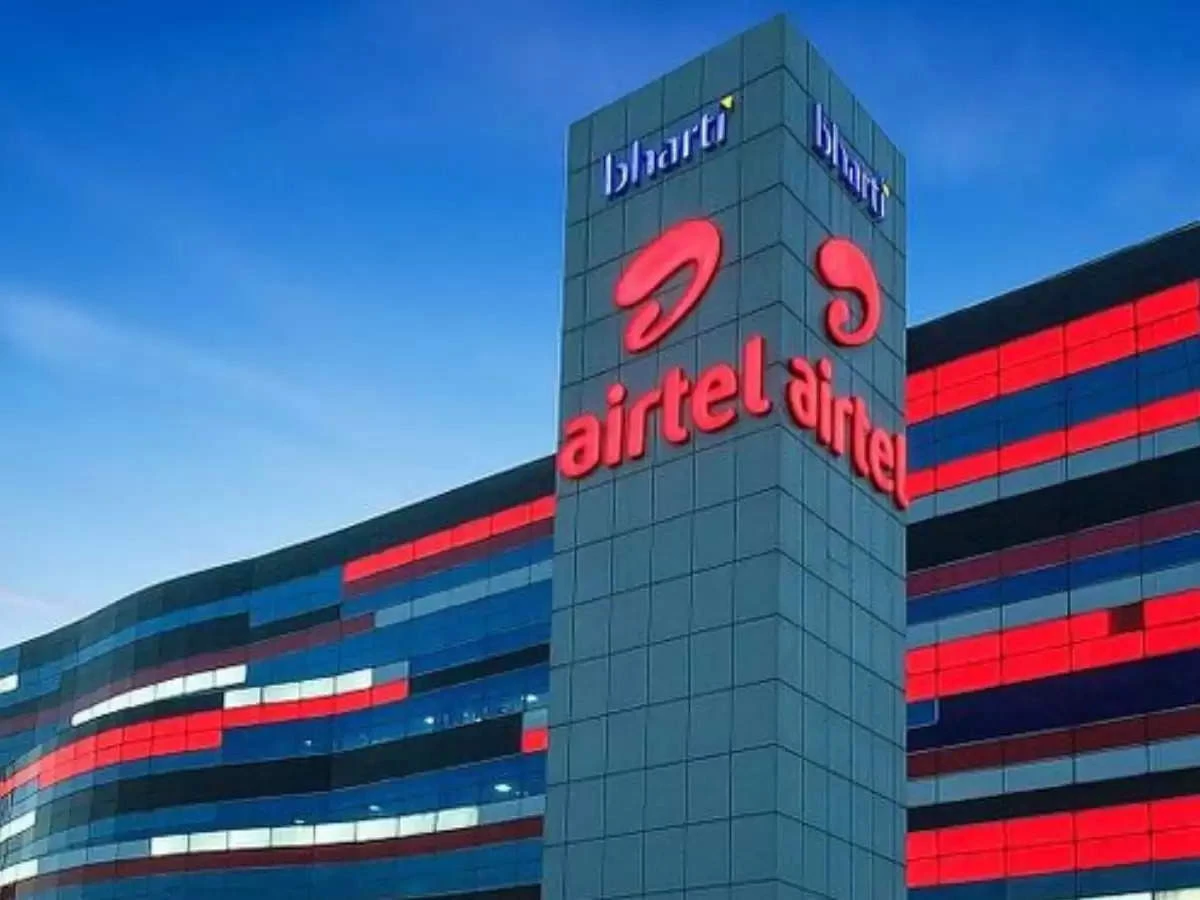
Airtel CEO Gopal Vittal: Airtel CEO Gopal Vittal has written a letter to the heads of Reliance Jio, Vodafone Idea, BSNL, and Tata Teleservices.
In this letter, Vittal has proposed to create a collaborative system to share information about corporate connections used for commercial calling.
Airtel CEO Gopal Vittal has written a letter to the heads of Reliance Jio, Vodafone Idea, BSNL, and Tata Teleservices. In this letter, Vittal has proposed to create a collaborative system to share information about corporate connections used for commercial calling. Its purpose is to monitor and prevent misuse of these connections.
“We are ready to take the first step and share the data (entity name and activity number only) in the same template on a monthly basis and we would appreciate your support,” Vittal said in the letter, which was sent to Reliance Jio MD Pankaj Power, VI CEO Akshay Mundra, BSNL CMD Robert Ravi and Tata Teleservices MD Harjeet Singh Chauhan.
What has the Airtel CEO written in the letter?
Vittal said in the letter “As the telecom industry faces the growing challenge of UCC, it has become clear that despite ongoing efforts, a more robust and unified mechanism is required to protect our customers from this persistent problem.” He also emphasized that the focus is on finding effective solutions to prevent UCC as per the instructions of TRAI and DoT. In the telecom industry, UCC stands for Unsolicited Commercial Communications which describes a combination of communication and collaboration technology.
“We strongly believe that tackling this issue should be a joint effort among all telecom operators, not an isolated effort,” he said. “Today, enterprise customers are served by multiple operators, and we are conscious of the fact that any independent effort to address spam may not be in the best interest of customers, as it may impact the quality and continuity of service.”
The threat of spam and phishing messages is increasing in India
According to industry data, 1.5-1.7 billion commercial messages are sent every day in India, which adds up to a total of 55 billion every month. According to a survey by Local Circles, six out of ten consumers receive three or more spam calls every day, with financial services and real estate being the most frequent. In another survey, 76% of consumers said that they receive three or more spam messages daily. Blocking the number is also of no use.
What does the government directive say?
Recently, the government directed telecom companies to disconnect entities using bulk connections to engage in such activities. In the last two weeks, about 350,000 such numbers have been blocked and 50 entities have been blacklisted. The Telecom Regulatory Authority of India (TRAI) asked telcos to share information of blacklisted entities with each other, so that such entities do not switch from one operator to another.

